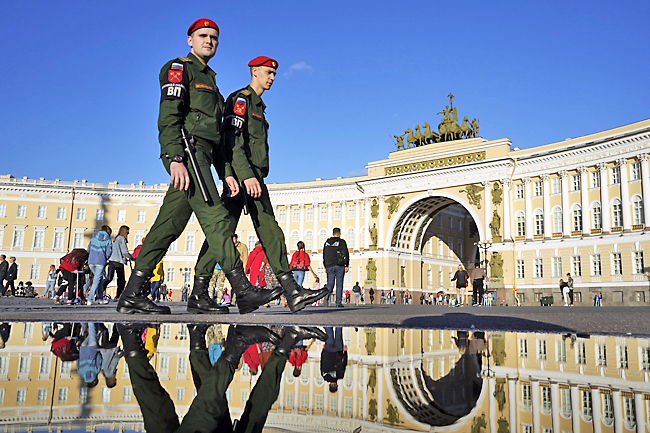MOSCOW (AP) – The Russian central bank diverged from its Western counterparts by slashing its key interest rate on Friday just a month after dropping it to where it was before the country sent troops into Ukraine.
The bank lowered its key rate by 1.5 percentage points, to eight per cent, saying consumer prices are still easing partly because consumer demand has been falling. It said inflation expectations have “significantly decreased”, reaching spring 2021 levels, while a decline in business activity was slower than expected in June.
However, “the external environment for the Russian economy remains challenging and continues to significantly constrain economic activity”, the central bank said in a statement.
It had hiked the rate as high as 20 per cent in the wake of the February 24 military operation in Ukraine and the resulting Western sanctions that restrict dealings with Russian banks, individuals and companies.
As sanctions and the exit of Western companies from Russia have led to global economic isolation, the central bank has managed to stabilise the currency and financial system by preventing money from leaving Russia and forcing exporters to exchange most of their foreign earnings into rubles.
The ruble traded at 58.8 to the dollar on Friday, making it worth more than the day before the invasion of Ukraine, when it took 78.8 rubles to reach USD1.
The bank said annual inflation fell to 15.9 per cent in June, compared with 17.1 per cent in May, and estimated it slid to 15.5 per cent as of July 15. It cited “subdued consumer demand” and the ruble’s exchange rate for the drop.
“The recent essentially involuntary accumulation of savings is a compressed spring in the economy, which can cause dramatic consumption growth under certain circumstances,” central bank head Elvira Nabiullina said at a news conference.
“It can quickly speed up demand inflation when the offer of goods and services is limited.”
The bank expects inflation to keep going down – to 12 to 15 per cent this year, to five to seven per cent in 2023, and four per cent in 2024.
The interest rate cut comes as central banks around the world are rushing in the opposite direction, raising rates to combat inflation.








